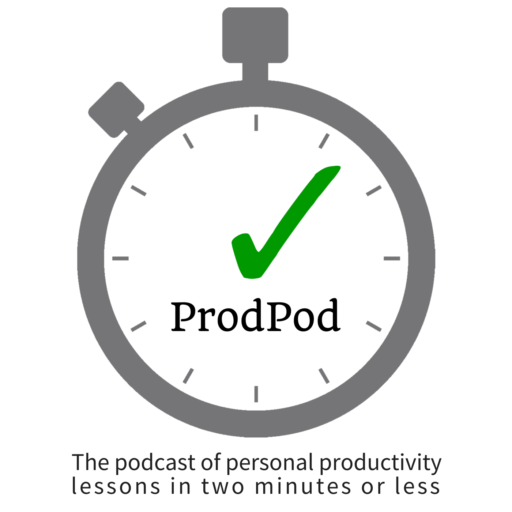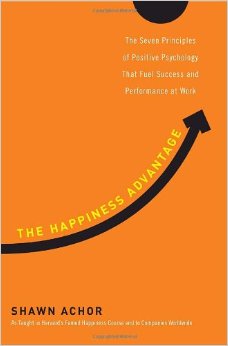I first became aware of Shawn Achor as the funny, charismatic presenter of the popular TEDxBloomington Talk, “The Happiness Advantage: Linking Positive Brains to Performance.” And, subsequently, I came to know his eponymous book, The Happiness Advantage: The Seven Principles of Positive Psychology That Fuel Success and Performance at Work. His book’s premise is, I quote,
Conventional wisdom holds that if we work hard we will be more successful, and if we are more successful, then we’ll be happy. If we can just find that great job, win that next promotion, lose those five pounds, happiness will follow. But recent discoveries in the field of positive psychology have shown that this formula is actually backward: Happiness fuels success, not the other way around. When we are positive, our brains become more engaged, creative, motivated, energetic, resilient, and productive at work. This isn’t just an empty mantra.
Science is now confirming a positive paradigm shift for what we should have always known. Achor proposes seven principles in the book as follows:
Principle 1 is basically a restatement of the above–positivity is the inciting force of performance and productivity.
Principle 2, “Fulcrum and the Lever,” states that the power of our mind is where we position our mindset (the fulcrum). The more positively you think about events and the world around you, the greater your power.
Principle 3 is “The Tetris Effect.” If you practice positive pattern recognition, like the author’s suggestion of keeping a gratitude journal, we start to capitalize on the positive opportunities available to us, similar to the managing the falling blocks in the game of Tetris.
“Falling Up” is Principle 4, and I best think of it as “you learn from all failure, which in essence is innately positive.” In any failure or negative life experience, look for ways to have small, clear actions toward Post-Traumatic Growth.
My favorite principle is “The Zorro Circle” in which we start with the small, manageable components of our life to gain immediate positive feedback, and building on granular successes, we can commit to larger ones.
The sixth principle Achor calls the “20-Second Rule,” and encompasses our ability to lower activation energy, that is, removing barriers to doing a task while building habits. For example, putting your fitness gear on a chair next to your bed so you awake in the morning with it immediately available. With no excuses, you’re more likely to put the clothes on and exercise.
Finally, Principle 7 is a simple but powerful commitment to building and strengthening your personal and professional relationships, as they breed copious amounts of positivity in every area of our life, work and health.
That’s The Happiness Advantage in a nutshell. Go be happy and thereby do well.
I hope you’ve enjoyed this episode of ProdPod. I’m Ray Sidney-Smith and here’s to your productive success…in two minutes or less.

